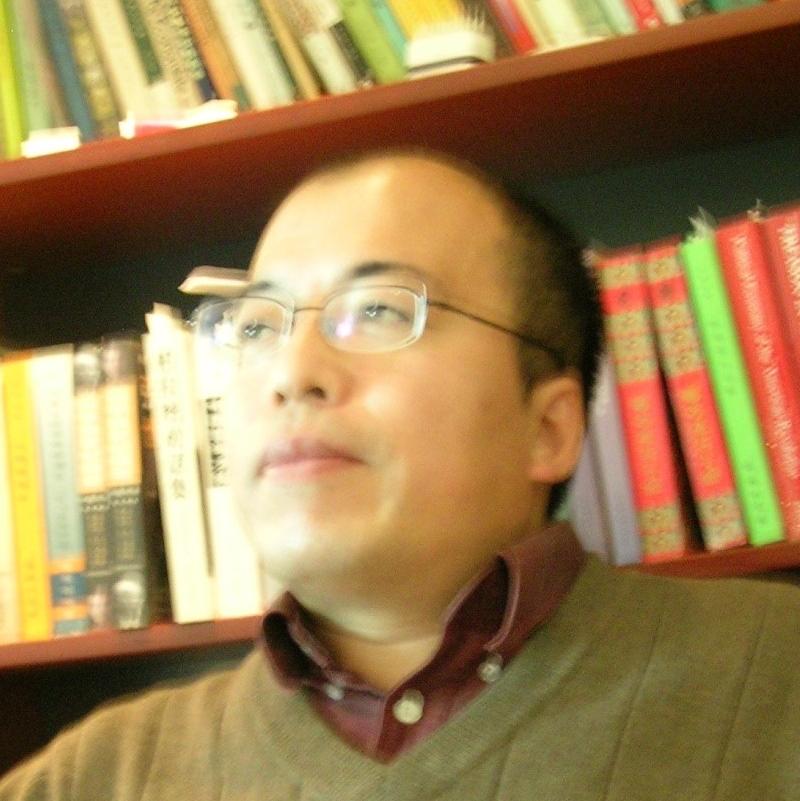Parroting Washington’s objections to China’s Asian Infrastructure Investment Bank (AIIB) initiative, Japan has set itself up for disillusionment and humiliation, as well as further diplomatic isolation.
This is the view of one provocative and insightful analyst of Japan’s foreign and defense policies, former senior Japanese diplomat Amaki Naoto.
Now producing his own daily “mail magazine” blog, Amaki advocates an “independent” Japanese foreign policy (meaning ending Japan’s post-WWII subservience and abdication in foreign policy to the United States), and better relations with China.
Amaki’s March 15 post focuses on the huge stir, and deepening disquiet, within Japan’s conservative Abe Shinzo government and largely government supporting media created by David Cameron’s conservative British government’s application to become a founding member of the USD 50 billion AIIB.
The stir and disquiet are understandable. Japan’s Abe government has been pleased to join in the Obama administration’s opposition to the AIIB for both narrow bureaucratic reasons: it desires to not see a rival to the Asian Development Bank where has enjoyed a primus inter pares position, and to maintain its junior role in the U.S.-Japan alliance.
While critics like Amaki and Japanese corporations have questioned whether such opposition is in Japan’s interests, the Abe government has taken comfort in the apparent success of U.S. lobbying of Australia and South Korea, among others, to boycott the new financial institution.
Now Britain—considered everywhere, and perhaps especially in Japan, the most natural and loyal of America’s allies—has dramatically broken ranks with the United States on the issue of the AIIB. This has shaken Japan’s confidence in its own position, and even in the reliability, if not the net value, of the U.S. alliance.
The question being asked now is: If Britain, a European country, sees membership in the AIIB as so potentially important for its national interests that it would defy the United States, should not Japan, an Asian country with interests vastly greater and more directly at stake, also be clamoring for, rather than opposing, membership? And what if, as seems likely, others follow Britain’s lead? Will not Japan be left in the cold?
Amaki points out that Tokyo now confronts the disturbing prospect that Britain’s commonwealth partner Australia will similarly, and for the same reasons as London, defy the United States, and seek AIIB membership. And with Australia so doing, will South Korea not join in too?
This would leave Japan virtually alone in opposition in Asia. But this is only half the problem. The other half is the United States itself. What if, in its avowed desire to pursue “common interests” with China, the United States changes its position on the AIIB?
U.S. objections have hardly been more than quibbles and haughtily presumptuous, a priori insinuations that a Chinese and Indian led financial institution would not be “transparent” or governed to acceptable international standards.
The Abe government has for months parroted such dubious U.S. objections, most recently in a March 13 press conference by Deputy Prime Minister and Finance Minister Aso Taro and Foreign Minister Kishida Fumio.
Britain, with impeccable logic, concluded that any AIIB governance issues will be appropriately and effectively addressed only by members of the institution. Moreover, as the AIIB is likely to become a powerful force for development in the Asian region, offering many opportunities for participation by British companies, the argument for joining the AIIB, and ideally joining as a founding member, is virtually irrefutable.
The Obama White House’s reaction to Britain’s decision was reportedly churlish. The headline of an article in the March 12 Financial Times reads: “U.S. attacks UK’s ‘constant accommodation’ with China.” Datelined Washington and London, the article reads: “A senior US administration official told the Financial Times that the British decision was taken after ‘virtually no consultation with the US’ and at a time when the G7 had been discussing how to approach the new bank. ‘We are wary about a trend toward constant accommodation of China, which is not the best way to engage a rising power,’ the US official said.”
Abe government officials are now asking themselves a question, and dreading the answer: How long will it be before the United States, for the same reasons as Britain, changes its position and becomes, if not a founding member, at least a neutral collaborator with the AIIB? The weight of logic and, more particularly, commercial and economic interests is clearly on the side of cooperating and collaborating. Having lost the argument, will not the U.S. for its own interests seek to salvage any remaining advantage?
Amaki stresses that the Obama administration, however awkwardly and inconsistently, is seeking, where possible, to improve relations and avoid conflict with China. Opposition to the AIIB was a gratuitous, almost thoughtless, error in U.S. policy-making, the failure of which should have been predicted. Unless all rationality has left the Obama administration, we may be confident that this error will be corrected.
In this event, Japan will find itself isolated diplomatically, its companies disadvantaged commercially, and its relations with China damaged politically. After having parroted fatuous U.S. objections, a U.S. reversal would humiliatingly demonstrate how Japan’s subservience and lack of independence within the U.S.-Japan alliance is imposing heavy costs on Japan, causes Japan to sacrifice its interests, and exposes Japan to being trapped in antagonistic policy postures whenever the U.S. seeks better relations with China.
The Abe government’s calamitous parroting of U.S. opposition to the AIIB could prove the painful lesson that helps Japan toward a more independent and constructive relationship both with Beijing and Washington.



